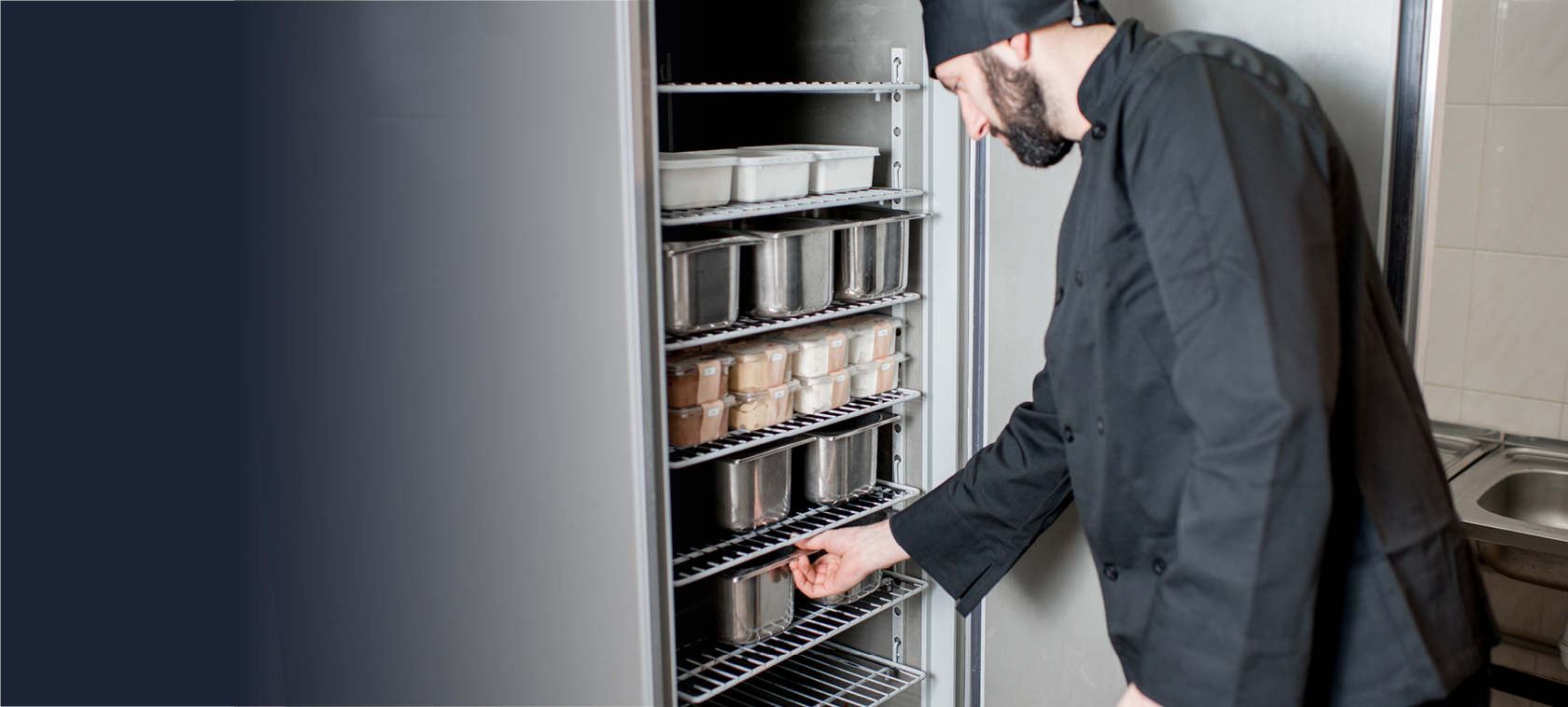Online food delivery platforms are transforming our food supply systems. A ‘Food on the Move’ conference at the Barbican last month looked at some of the food safety implications of these changes.
The event looked at the full range of online food ordering, from straightforward food sales over the internet to the more recent aggregated platforms like Just Eat and Deliveroo. Speakers highlighted the significant benefits online delivery platforms offered consumers in terms of convenience and choice, and the huge marketing opportunities for businesses. But they also stressed the additional food safety risks online delivery platforms presented as well as challenges for food regulators.
We asked speaker John Barnes, Shield Safety Group Strategic Adviser and former Head of Local Delivery at the Food Standards Agency (FSA), a few questions about the issues raised.
Food sold over the internet isn’t new is it?
No, it isn’t and when I was at the FSA we looked at the best way to control what we referred to as ‘distance selling,’ working alongside local authorities to ensure businesses understood their legal obligations and consumers were protected. Indeed the FSA has some good guidance on their website on the relevant legal requirements to enable food businesses and consumers to safely buy and sell food online. However, the increased consumer capability of ordering food with a single tap of their mobile phone and the rapidly scalable delivery platforms such as Just Eat, Uber Eats and Deliveroo are now transforming the marketplace and introducing greater challenges.
What are the challenges and risks to food safety?
Online ordering generally offers greater anonymity to both buyers and sellers. It also opens up the risks of food fraud and exploitation of differences in legislation between countries and a global shop-window for products which might be unsafe or illegal in the UK. Closer to home the speed at which new food outlets can ‘pop up’ and operate makes it very challenging for local regulators to ensure the arrangements are safe and compliant, particularly when they are already struggling with resources.
So, there is a valid concern such arrangements can avoid traditional regulatory oversight and intervention, and at the same time introduce significant additional demand pressures on kitchens where their safety systems, infrastructure or equipment might be unable to cope.
Similarly, demand pressures could introduce risks of food substitution and adulteration, particularly if there is a perceived lack of oversight. There are also handling, tampering and contamination risks at the final delivery stage from the huge number of changing delivery agents.
That said, the flip side is that these online businesses and platforms have the leverage to potentially improve safety/quality standards from participating businesses and are able to purpose design and build safer kitchens and processes. They also have the potential to improve transparency, traceability and information for consumers through the rich data they are able to generate as well as being better able to monitor food safety issues and risks.
What about industry concerns surrounding the so called ‘Dark Kitchens’?
To an extent the conference was a response to the concerns that the new food delivery arrangements can potentially evade UK food and planning controls. Although this online transformation offers opportunities to improve food safety standards, and it is good to see some online platforms are responding to this, concerns do remain that providers are not being transparent enough with their customers, for example, about the Food Hygiene Rating of individual outlets or ensuring customers have the required food labelling or allergen information. There is a concern that this information, which is key to informed consumer choice, could be lost or obscured in this rapidly developing and changing digital environment.
Are food delivery platforms food businesses and legally responsible for food safety?
Yes they are. There was unanimity amongst the regulatory experts who spoke at the event that these platforms were commercial ‘food businesses’ involved in the supply of food. In the event of an incident they might easily (and properly) be drawn into legal proceedings or compensation cases, unless they’re able to demonstrate due diligence. Given food safety (and health and safety) fines can be as large as several million, reflecting company turnover. The consequences for online platforms could be enormous if their actions or inactions contributed to consumer harm.
So what should these online platforms do?
Online food delivery is a rapidly changing environment only set to grow, and grow quickly. Rather than focus on outlining tasks, speakers, including myself, have been focusing on the strategic considerations needed to guide digital innovators in this area. Core to any food supply system is the importance of consumer confidence and trust. This is more visceral and emotional for food and drink than for most other product types. So, if maintaining confidence and trust in the safety and provenance of their products is not one of the principal values driving the development of the online provider they are operating in the wrong sector.
In practice, for me, this means online providers should:
- Accept they are food businesses and ensure relevant legal food safety requirements are met – providers cannot simply contract away this responsibility
- Be transparent about their food safety standards and their actions to protect customers
- Be collaborative, and take a step toward regulators so they understand the operation, risks and controls. Agree a Primary Authority Partnership
- Help ‘regulate’ their sector and be seen to prioritise relevant compliance standards
- Monitor and analyse data surrounding food safety compliance and hazards, such as customer complaints or relevant comments, to assess whether there are systemic problems or potential improvements to be made
Regulation and regulators will inevitably struggle to keep pace with the rapid digital transformation taking place. This is one reason why the FSA is modernising its regulatory approach, making more use of technology and industry data to target regulatory interventions. Frankly, in this competitive and digital marketplace there is a compelling argument that consumers will be the new (and very demanding) regulators. So, in the event of an incident or problem (which will inevitably arise) online providers will need readily available evidence to highlight that:
- They can be trusted
- Their compliance goals align with regulators and consumers
- They are doing the right things
Get in touch with us today to find out how we can help you with your food safety, fire safety and health & safety compliance.
Sign up for our blog
15/04/2019
John Barnes



